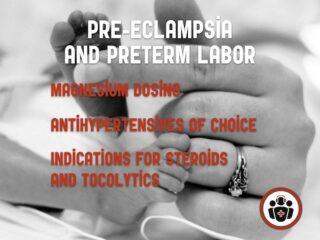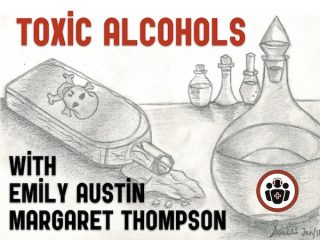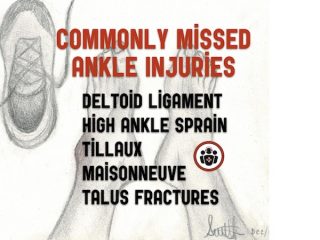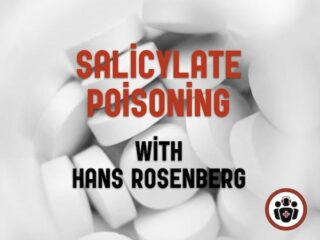CritCases 9 Pre-Eclampsia and Preterm Labor – Time Sensitive Management
In this CritCases blog we present a case of a 30 week gestational age pregnant woman with high blood pressure, headache, blurry vision and pelvic cramping. We discuss the management challenges of transporting a patient with severe pre-eclampsia and preterm labor, with special attention to dosing of magnesium, antihypertensive agents choice, and indications for steroids, tocolytics and antibiotics.










